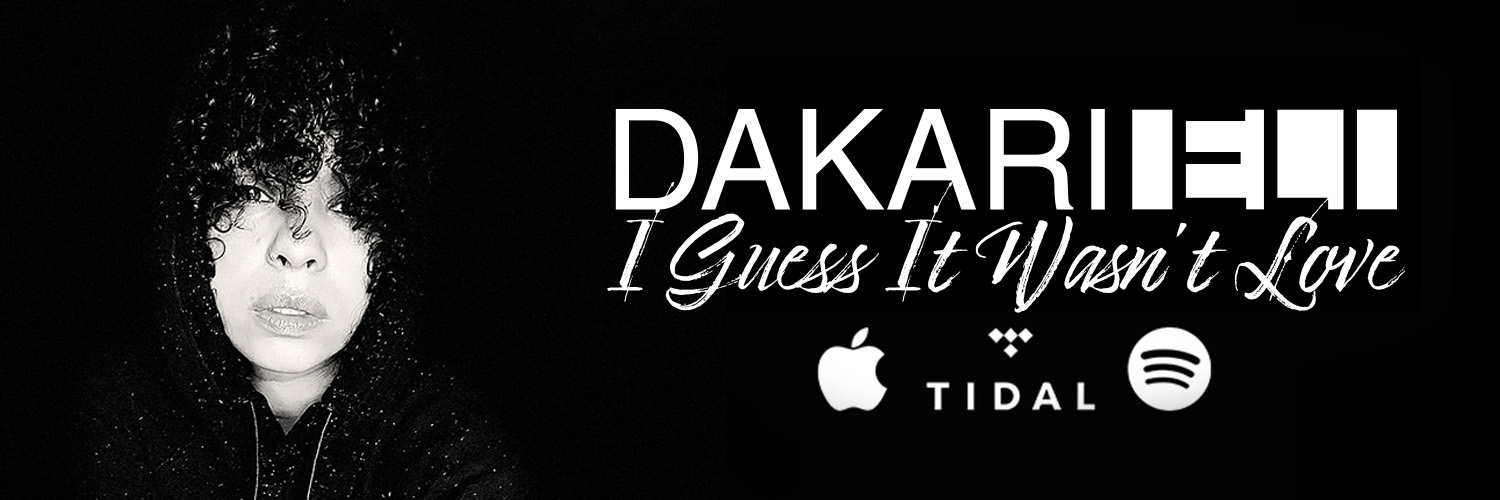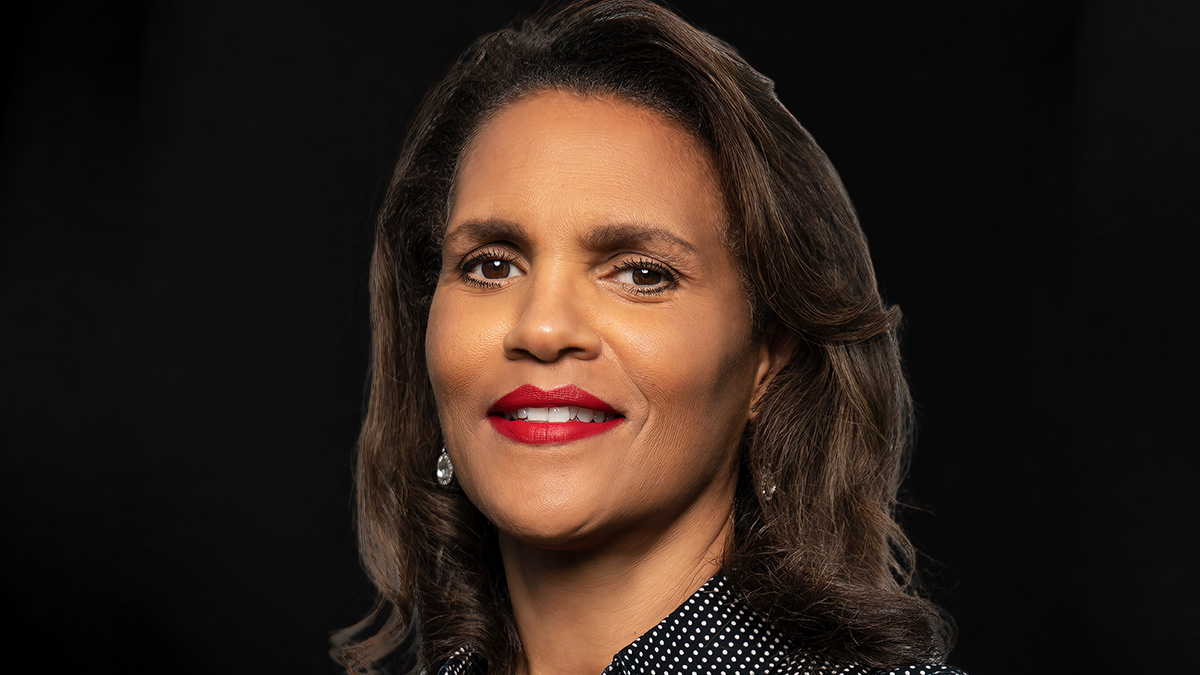Stacy Milner is a true entrepreneur who has not only climbed to the highest heights of the entertainment industry, she also has created pathways for HBCU students that serve as a pipeline into Hollywood.
After achieving personal success, why was it so important to you to create pathways for others in entertainment?
I do it because someone opened the door for me. And, it was important for me to create EICOP as a pathway program to eliminate systemic, geographical, and financial barriers, diverse students face in accepting internships and other early career opportunities in the entertainment, media, communication, sports, music, and technology industries. Having served alongside the Chairmen of NBC and Paramount, I saw the inequities and lack of diversity first-hand and knew a diversity pipeline program was the solution if the industry was ever going to have a workforce that was reflective of the communities it serves.
Do you feel it is an inherent responsibility for those who achieve success to pave the way for others?
Absolutely! We should all feel a sense of responsibility to give back and help pave the way for others. Everyone has a responsibility to provide shoulders for the next generation to stand upon. There is a great reward in doing so.
Executive Temps has provided opportunities for people to find employment and build relationships in the industry for over thirty years. What has been the key to your longevity?
As veterans of the industry, our understanding of its culture and environment has been our secret sauce. Knowing the needs of our clients and the ability to provide a diverse pool of talent with the skills that best align with our clients’ staffing needs has been the key to our longevity.
Describe the biggest challenge you have faced since launching.
Being a Black-owned minority small business supplier providing staffing services to the entertainment industry has been a challenge in and of itself! Our biggest challenge has been that of being given the right to fairly compete and grow our business beyond the 10% minority piece of the pie set aside for minority businesses.
You have also founded the Entertainment Industry College Outreach Program. In what ways has the program served the community?
The mission of our program is to educate, develop and recruit the best and brightest diverse student leaders from our nation’s HBCUs and other minority-serving institutions for careers in the entertainment, media, communication, sports, music, and technology industries. Since 2017 we have made it possible for students of color to gain access to paid internships, paid housing, professional development, and other early career opportunities with our 10-week immersive internship program, HBCU in LA. This life-changing work continues to empower the community we serve.
Achieving a 90% intern-to-hire conversion rate is quite a stellar accomplishment. To what do you credit for this achievement?
I would have to say it’s a result of a strategic and intentional approach on behalf of both the program and our industry partners. We provide a very unique community for members of our cohort to thrive, coupled with wraparound services to help them succeed on all levels. It also helps that our industry partners are not simply checking the box, they are making a commitment to their investment to recruit a workforce that is reflective of the communities they serve. We have been fortunate to have this type of impact and provide a solution to the industry’s diversity pipeline development needs.
Diversity is obviously very important to you. Tell us about how the industry benefits from having people with different multicultural backgrounds and experiences.
Simply put, representation matters! The industry benefits when it embraces diverse voices and viewpoints for its consumers. It’s critical for guiding discourse about real people, places, and experiences. Everyone profits when representation is a priority.
Unfortunately, like many other spaces, the entertainment industry can sometimes be a very toxic work environment. What steps do you take to protect young people in your programs from abuse?
As I mentioned earlier, we provide our young people with a community where they can feel safe and supported. We meet weekly with the students, have office hours, and have a point of contact they can go to 24/7. We work with our industry partners to ensure our students are protected from any type of adverse work environment. Our team also provides DE&I training for industry partner organizations hosting members of our cohort for internship and other early career opportunities.
Lastly, where can people learn more about your programs?
www.eicop.org / www.executive-temps.com and on social: https://www.facebook.com/hbcuinla/ / https://www.instagram.com/hbcuinla/
Be’n Original






